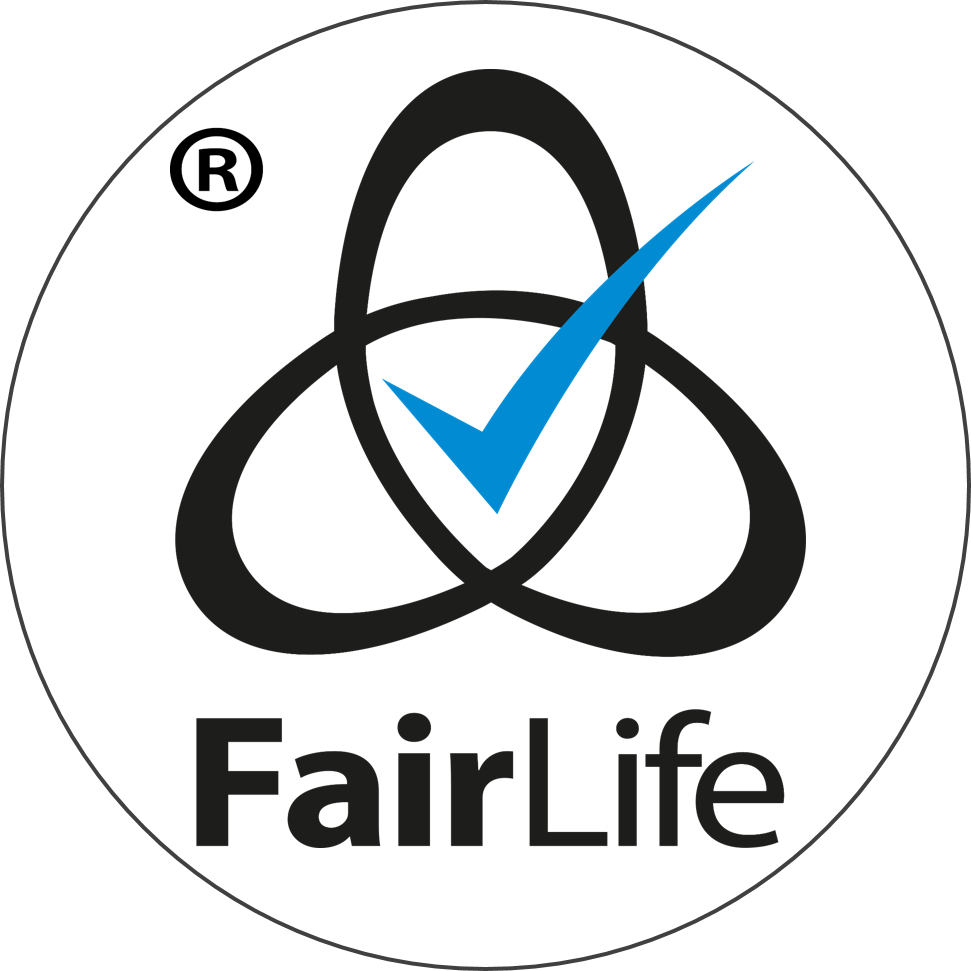Glossary
Glossary
When you’re buying a home it can feel like you have to learn a whole new language. Here we explain some of the terms you’re likely to confront in the mysterious world of mortgages.
Capital Repayment mortgage
The monthly payment is made up of interest, plus an amount towards repaying part of the capital borrowed. Assuming all payments are made in line with the agreement, your mortgage will be fully repaid at the end of the loan term. This is the most common type of repayment and helps you assess the monthly cost and term of paying your loan.
Early Repayment Charge (ERC)
This fee is only payable if you decide to pay off your mortgage early, you pay more than 10% of your mortgage in any calendar year, or you switch your mortgage to a different lender during a special rate period. The fee amount is variable, depending on the mortgage you have. It’s typically a percentage of your loan amount.
Fixed Rate
With a fixed rate mortgage, the interest rate you pay stays exactly the same for an agreed number of years. This allows you to budget more confidently, as you know what your monthly repayments will be without worrying about fluctuations in financial markets or the Bank of England base rate.
Unless you arrange for a new mortgage product rate prior to the end of the fixed rate period your rate will revert to a standard variable rate, at which point you may decide to switch to another mortgage deal – either with your current lender or with a different mortgage provider.
Loan to Value (LTV)
‘Loan to Value’ is a financial term used to express the ratio of the loan (mortgage) to the value of the property that will be used as security for that loan.
Example: a mortgage of £150,000 divided by a property value of £200,000 gives us an LTV of 75%. The LTV will determine which mortgage product you can apply for.
Interest Only mortgage
The monthly mortgage repayment only covers the interest amount being charged on the mortgage. There is no monthly reduction to the capital amount outstanding. You will need to have in place a repayment tool, such as an investment, to ensure you have the funds available to repay the amount borrowed. It is your responsibility to monitor and maintain your repayment plan, to ensure you have the funding for the value required to pay the debt in full, either at the end of the mortgage term or before. Evidence of such a repayment plan will be required in order for us to assess this type of mortgage repayment.
Overpayments
An overpayment is an additional capital payment of the outstanding mortgage balance with the intention of paying off the mortgage faster (and therefore saving money on interest over the term of your mortgage). With Reliance Bank, you can make payments up to 10% of the outstanding balance each calendar year, from a minimum additional payment of £1,000.
Stamp Duty / LBTT
Stamp Duty (or Land and Buildings Transaction Tax (LBTT) in Scotland) is a tiered tax set by the Government. It is based on the purchase price of the property. Your solicitor / conveyancer will tell you exactly how much you have to pay, if any, in a completion statement that details all of the fees payable.
To calculate the stamp duty you could expect to pay, please check the government website.
Standard variable rate
A Standard Variable Rate (SVR) is the default mortgage rate that applies when you come to the end of a fixed or tracker mortgage deal. As the name suggests, this rate can go up and down, which means your repayments can vary too. There is no time limit attached to an SVR and no early repayment charge if you repay some or all of your mortgage.
Tracker Rate
A tracker mortgage follows the Bank of England’s base rate for a set number of years (the tie-in period). If the Bank of England’s base rate goes up or down during that time, the interest you pay on your mortgage will change as well. While a tracker mortgage doesn’t offer the certainty of a fixed rate mortgage, it does offer the potential to pay less if the base rate stays low. However, you must also consider that if the base rate goes up, your mortgage payments will go up too.
At the end of the tie-in period your rate will revert to a Standard Variable Rate, at which point you may decide to switch to another mortgage deal – either with your current lender or with a different mortgage provider.






